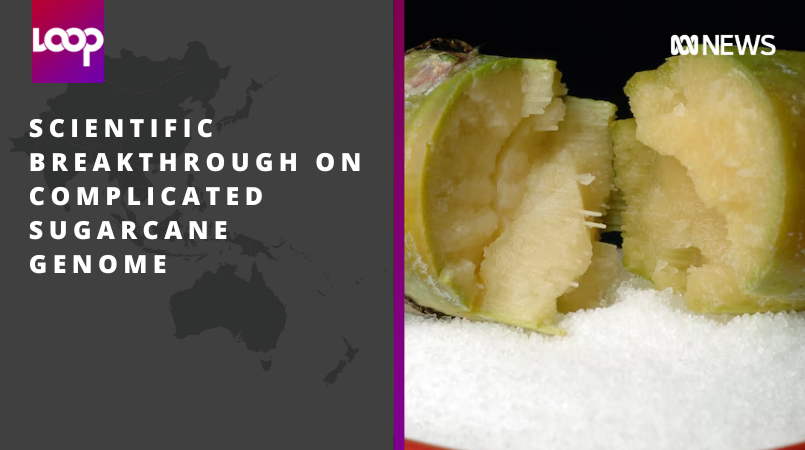
Australia's sugar industry could soar to new heights after a scientific breakthrough brings the industry's biofuel dream closer.
But growers are calling on the Australian government to speed up policy to ensure momentum is not lost as the industry faces major upheavals after three mill closures in four years.
Mossman mill, in Far North Queensland, is the latest to shut its doors after 130 years of operation following the closure of the state's Maryborough and Bingera mills in 2020.
Versatile crop
Sugar cane was brought to Australia on the first fleet in 1788, and until now it has been grown to produce raw sugar.
But the crop is incredibly versatile and can be used to make biofuels, bioplastics, perfume, and even sustainable fabrics.
Now, a research breakthrough could offer the diversification the industry needs.
Scientists have gone right into the crop's DNA and have mapped the genome of sugar cane, meaning they've managed to find the entire set of DNA instructions in a cell.
Professor of innovation agriculture at the University of Queensland (UQ) Robert Henry co-authored the report.
"We're continually trying to breed sugar with higher yields and higher sugar content, resistance to pests and diseases," Professor Henry said.
Now they can do that because they know the genes that produce these qualities.
While it sounds arbitrary, it gives growers a tool to produce better sugar cane and sugar cane that can be grown for uses other than raw sugar.
Click here to read full article
Story by ABC News
